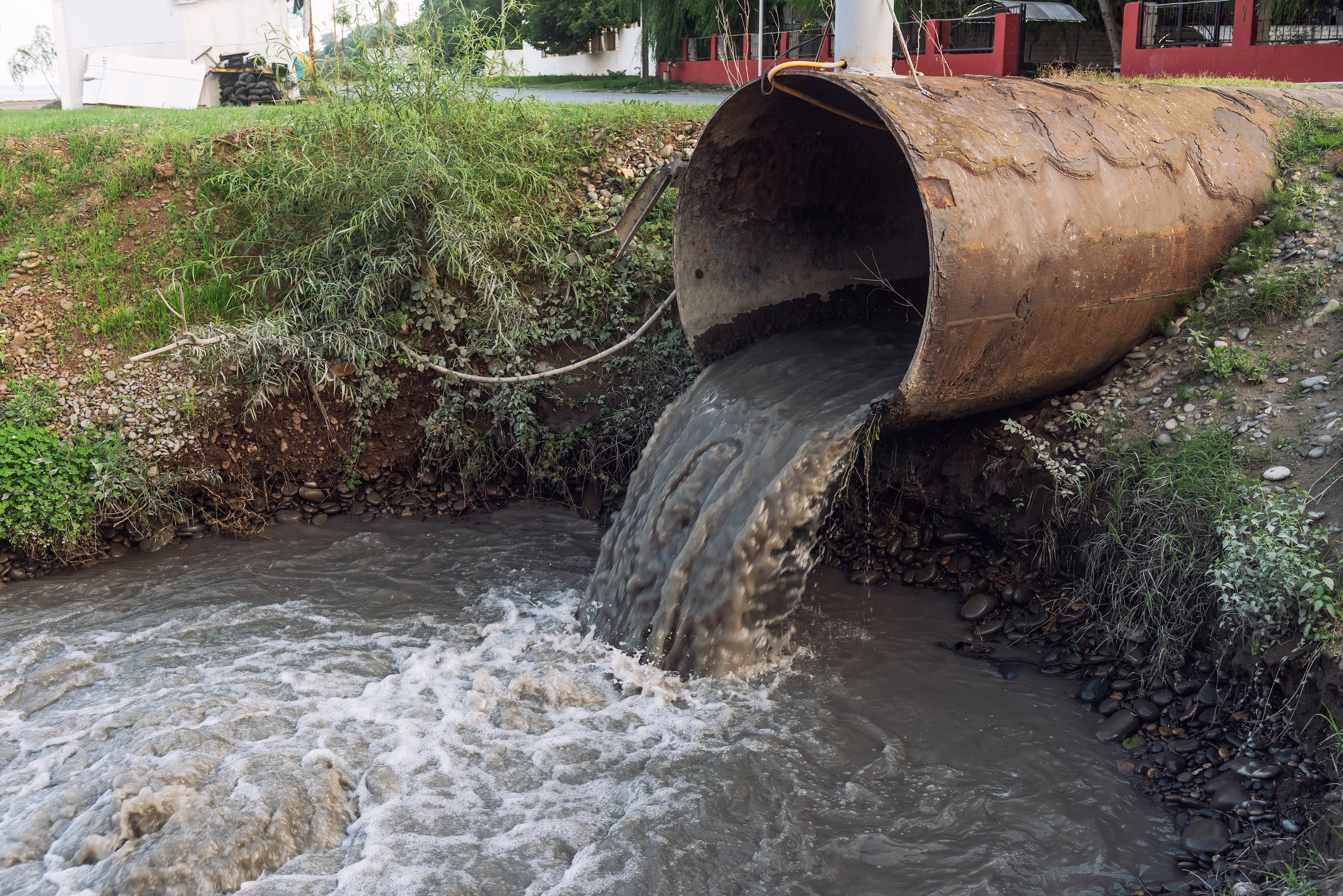
The number of “monster” sewage dumps in rivers and coastlines rose sharply in 2022, new analysis reveals, with the increase in severe spillages dubbed a “national scandal”.
There were 3,276 “high-frequency sewage spills” in England and Wales last year, according to analysis by the Lib Dems, who urged government ministers and water companies to “get a grip”.
That represents a rise of 63 per cent since 2021, when there were 2,008 storm overflows classed as having a “high spill frequency” – meaning water firms dump so much sewage into a single area that they are obliged to investigate the cause and report on which action has been taken within three months.

The huge increase comes amid intensified national anger over the issue and is even despite a reduction in the number of overall spillages during what was one of the driest years in England and Wales since records began.
Sewage discharges fell by 19 per cent last year, down to a total of 301,091 spills, according to Environment Agency figures published in March. But the agency’s chief John Leyland said this was “down to dry weather, not water company action”.
Labour claims this still amounted to nearly 1 million hours-worth of discharges in coastal regions, with the equivalent of one sewage dump every three minutes and 45 seconds taking place in 2022 across 137 of 139 coastal constituencies.
There were 194,900 sewage dumps from “monster” overflows in 2022, lasting more than 1.3 million hours, according to the Lib Dems’ figures – which the government disputes.
“These monster sewage dumps cause devastation, flooding swimming spots with foul water and destroying animal habitats. The rise in these spills truly is a national scandal,” said Lib Dem environment spokesperson Tim Farron.

“Water company execs are raking in millions in bonuses whilst their pipes leak sewage into our lakes and rivers. The whole thing stinks. These polluting firms are obligated to investigate, yet still no action is taken. You would think after a historic drought these figures would drop. It seems there is no end in sight for the sewage scandal.
“Ministers need to get a grip of this. Their half-baked plans announced recently just let water companies get away with it. The public won’t stand for this any longer. Water companies need to be forced to fix the leakiest pipes responsible for these monster sewage dumps.”
The Lake District’s water company United Utilities were found to be the worst offenders, with nearly 40 per cent of their storm overflows being identified as having a “high spill frequency”, while 30 per cent of South West Water overflows were also identified as such, the analysis found.
The longest dump from one of these overflows was by United Utilities from Plumbland wastewater treatment works in Cumbria – which dumped sewage 339 times into the River Ellen for 6,896 hours – equating to nearly 19 hours every day, the Lib Dems said.
Meanwhile, Severn Trent dumped sewage into Whissendine Brook in Rutland from a nearby wastewater treatment works 318 times for 6,646 hours in 2022.
Lib Dem leader Ed Davey has called for environment secretary Therese Coffey to resign over the issue, with The Independent recently revealing figures suggesting there were nearly 1,000 spills last year in her own constituency alone.

As well as poisoning swimmers, sewage damages river ecosystems through chemical and microplastic pollution and algal blooms, which feed on the phosphates in faeces and explode in size, consuming the water’s oxygen and suffocating other forms of life.
The Department for Environment, Food and Rural Affairs said it “did not recognise” the Lib Dems’ figures, with a spokesperson saying: “High-frequency spills are defined as those spilling in excess of 60 times per year – the numbers here do not align with the official data.
“This government is the first to take such comprehensive action on storm overflows – and our new Plan for Water sets out the increased investment, tougher enforcement and tighter regulation to tackle this issue. We have recently announced £1.6bn in new, accelerated investment to tackle storm overflows, including £700m from United Utilities to reduce spills by 7,800 annually.
“The environment secretary has demanded an action plan on every storm overflow from every company in England, prioritising those near bathing waters. We are also consulting to give regulators more powers to impose much larger penalties for polluters without needing to go to court.”
Additional reporting by PA







